Zambia
Prof. Naison Ngoma
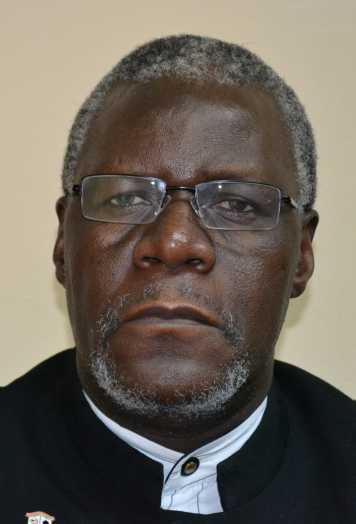
external pageDag Hammarskjöld Institute for Peace Studies, Copperbelt Universitycall_made
DownloadCurriculum Vitae (PDF, 243 KB)vertical_align_bottom
Prof. Naison Ngoma, a former Lieutenant-Colonel with the Zambian Armed Forces, holds a PhD in public management with a focus on security communities, a Master degree in public administration and a Bachelor degree in economics. He has operated and held management positions in government, research institutions and at the African Union for a combined total of over thirty years. He currently holds the position of Vice Chancellor at the Copperbelt University, and has previously been the director of the Dag Hammarskjöld Institute of Peace Studies. Prof. Ngoma has been involved in extensive collaborative projects involving joint research and capacity building with a number of key organisations in Zambia, Africa, and beyond, such as the DFID, ICRC, Rockefeller Foundation, SIDA and CIDA.
Prof. Owen Sichone
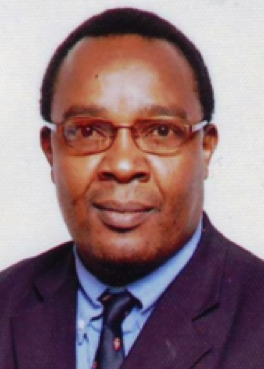
external pageDag Hammarskjöld Institute for Peace Studies, Copperbelt Universitycall_made
DownloadCurriculum Vitae (PDF, 195 KB)vertical_align_bottom
Prof. Owen Sichone joined the Copperbelt University in 2013 as Director of the Dag Hammarskjöld Institute for Peace and Conflict Studies. He has previously taught at several southern African universities, including Wits University and the University of Cape Town in South Africa. He was also Nelson Mandela Professor in African Studies at Jawaharlal Nehru University in India. He is a political sociologist whose work includes studies of xenophobia and ethnic identities in South Africa, as well as of the state and democracy in Africa.
Dr. John Bwalya
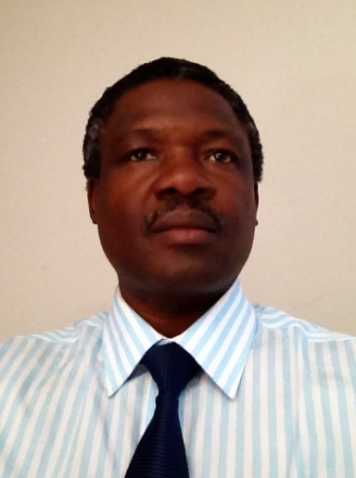
external pageDag Hammarskjold Institute for Peace Studies, Copperbelt Universitycall_made
DownloadCurriculum Vitae (PDF, 124 KB)vertical_align_bottom
Dr. John Bwalya is a Human Geographer and Environmentalist. He joined the Copperbelt University in May 2013 and currently coordinates Postgraduate Programmes and Research and Innovations in the Dag Hammarskjöld Institute for Peace and Conflict Studies of the Copperbelt University. He lectures in Research Methods and Environment and Sustainable Development courses, which include themes such as Housing, Dislocation and Evictions, Urban Environment and Conflict. He has previously lectured in Environmental Science, and Cultural, Economic, Social, Political, Transport and Regional Geography at the University of Botswana, Fort Hare and the University of Namibia. His current research has a social and political focus comprising Regime Politics and Service Delivery, Collective Action, Urban Social Networks in Diaspora Communities, Urban Public Space, and Informal Settlements.
Mpangi Kwenge
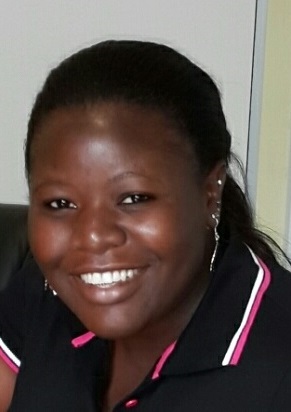
external pageDag Hammarskjöld Institute for Peace Studies, Copperbelt Universitycall_made
DownloadCurriculum Vitae (PDF, 184 KB)vertical_align_bottom
Mpangi Kwenge is a special research fellow/Lecturer with the Dag Hammarskjold Institute for Peace Studies at the Copperbelt University. She holds a Masters in International Conflict Analysis from the University of Kent in Brussels. In her dissertation, she analysed xenophobic conflict in South Africa and the "scapegoating" of Zimbabwean refugees. Her research interests include exploring the nexus between forced migration dynamics and conflict, nationalism and ethnic diversity. She has recently conducted research on ethnic power relations in Zambia (1964-2014). She currently teaches courses on conflict prevention and humanitarian assistance and refugees at the institute. She has extensive professional experience working on democracy and good governance in the region, and has worked for Freedom House and the Institute for Democracy in South Africa, and the National Democratic Institute and UNEP in Kenya.
Ignatius Mukunto
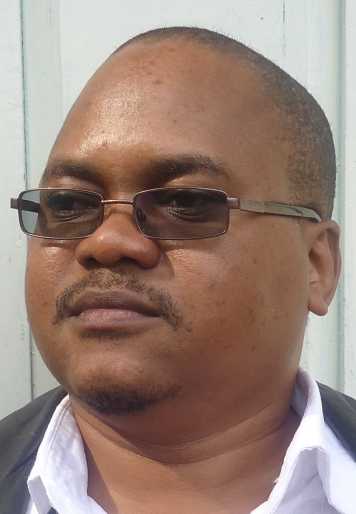
external pageDag Hammarskjöld Institute for Peace Studies, Copperbelt Universitycall_made
DownloadCurriculum Vitae (PDF, 239 KB)vertical_align_bottom
Mr. Kabale Ignatius Mukunto is a Coordinator of the Human Rights, Governance and Peacebuilding Specialization of the Masters in Peace and Conflict Studies Program at the Dag Hammarskjöld Institute for Peace and Conflict Studies of the Copperbelt University. Mr. Mukunto has extensive experience in teaching, workshop design and training in the area of theory and practice of nonviolence, peacebuilding, gender, third party intervention, conflict analysis and conflict transformation. He has done Peace and Conflict related studies and training in Costa Rica, Bangladesh, Ethiopia, Japan, South Africa, Sweden, Thailand, Uganda, USA and Zimbabwe. He holds a Bachelor Honors degree in Conflict Resolution and Peace Studies and a Master’s Degree in Peace Education from the University of KwaZulu Natal in South Africa and the University for Peace in Costa Rica. Before joining CBU, Mr. Mukunto was a Lecturer and Coordinator of the Peacebuilding and Conflict Transformation Programme (PBCT) at the Pan African Mindolo Ecumenical Foundation (MEF) Institute in Kitwe. His current research interests include urban conflicts, ethnicity and governance, indigenous (African) knowledge systems, informal settlements and social exclusion, youth and conflict, human rights and socioeconomics.
Robby Kapesa
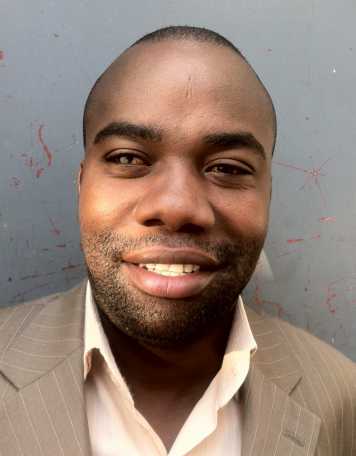
external pageDag Hammarskjöld Institute for Peace Studies, Copperbelt Universitycall_made
DownloadCurriculum Vitae (PDF, 351 KB)vertical_align_bottom
Robby Kapesa is a PhD Candidate at the Dag Hammarskjöld Institute for Peace Studies (DHIPS) at the Copperbelt University. He holds a Master in Peace and Conflict Studies from the same university where he graduated with honor. In his thesis, Robby analyzes social relationships between labor migrants and local ethnic groups in the face of perceived horizontal economic inequalities. His research project will be conducted in the framework of the SDC and SNSF funded R4D project ‘Ethnic Power Relations and Conflict in Fragile States’, with a focus on Zambia. Robby has a far-reaching experience on mining and conflict issues. He has carried out research on the ‘co-evolution of mining and social conflict in Zambia. Furthermore, his teaching experience is extensive and he has worked with UNHCR and World Vision.
